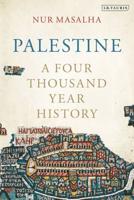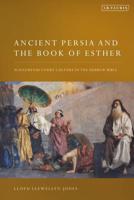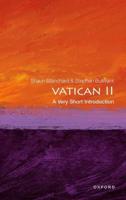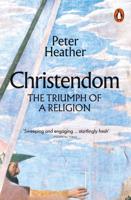Publisher's Synopsis
"In these unprecedented times" (ugh) we need a prophet. But prophets are hard to come by in the flesh and blood, unless we unearth one from the modern or post-modern past, from our own graveyards preferably. If fusty, fetid, fecal, and fiery Léon Bloy cannot fit the bill, we donʼt know who can. Salvation Through the Jews picks up where certain apocryphal, poetic, eschatological, and prophesying chapters in The Desperate Man left some readers panting for more. It was published 6 years after the latter novel, and one can see in it the sprouting sequel of a germ planted in 1886, if not earlier.
Léon Bloy was a great artist and a genius. Nobody can deny that. And there is artistry in this book; he uses it deftly to make a compelling point. But like all arguments, one needs to hear the major and minor premises first before arriving at the synthesis or conclusion.
This work NEEDS to be read even if one is not a Christian or a Jew because although it is about the Passion and although it is about the so-called "Jewish problem," on another level it is something else, and one can take the Jews and Christians out of the equation altogether, strip them naked, bleach them white, remove their particulars from this book, and replace them rather easily by more modern equivalent cardboard cutouts in the theater of now.
On a more scholarly note, according to U.C. Berkeley Professor of History, John Connelly, this book is important because it had a major influence -- doubtless through the auspices of French Catholic philosopher Jacques Maritain, a friend of Bloy's -- on the Second Vatican Council's formulation in 1965 of section 4 of Nostra aetate, which formally and radically changed the Catholic Church's 1500+ year-old attitude towards Judaism.











